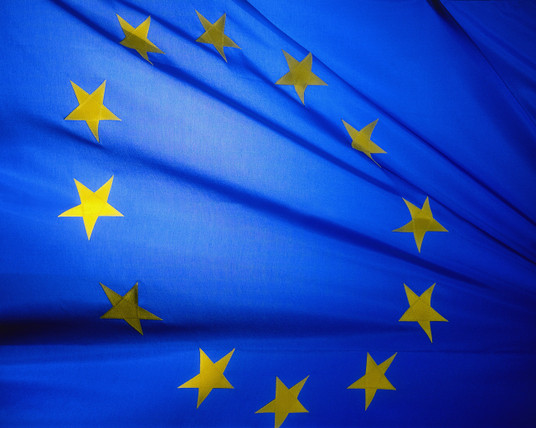
Bad news from the IMF arrived last week as the G20 emergency summit creeps closer and closer. The organization recently released some “depressing” figures. In what the BBC called its “gloomiest forecast yet,” the Fund predicted a world economy contraction of 0.5% to 1.0% in 2009. Only two months ago, the prediction had been of a 0.5% world output growth.
The IMF says its revised projections reflect “unrelenting financial turmoil, negative incoming data, sinking confidence, and the limited effect to date of policy responses with respect to the restoration of financial system health.”
The various meetings held the week of March 9 convened in hopes of setting the foundations for the emergency G20 summit on April 2 in London. However, if the tensions involved in the preparatory meetings are any indication of next month’s one-day meeting atmosphere, hopes for any “grand bargain” may be dashed, making such downturn predications all the more likely.
According to The Economist, there will be three broad themes up for discussion in London: “sorting out the crisis through fiscal and monetary means and by encouraging banks to lend; medium-term regulatory reforms; and strengthening multilateral bodies such as the IMF so that they can give more help to crisis-hit developing countries.” Although there is broad support for doubling the IMF’s resources to $500 billion, it remains unclear as to how this increase will be funded.
With a warning for the UK (the nation building the biggest fiscal deficit amongst all the G20 countries), the IMF also concluded that the global recession poses a serious risk to emerging economies, including those in Eastern Europe such as Hungary, Romania, and Bulgaria. Such warnings are predicted by the Fund despite big financial stimulus from many G20 countries.
So far, stimulus demands remain at the crux of G20 tensions. While Washington is calling for additional stimulus packages from the EU, nations such as Germany and France have made clear their preference to focus on financial regulatory reforms. According to Deutsche Welle, “Cracks have emerged between the United States and Europe over whether the gathering should focus on short-term stimulus or broader financial regulation to stop future crises.”
German Chancellor Angela Merkel and French President Nicolas Sarkozy have certainly sent the common signal that the issue at hand is putting in place a regulatory system before spending even more than the EU already has. Prime Minister Jean-Claude Juncker of Luxembourg seemed to agree, rejecting the stimulus requests by declaring that such proposals, “do not suit us.” Even World Bank head Robert Zoellick acknowledged that “additional spending in terms of a stimulus package would only provide a short-lived ‘sugar high’ if governments fail to rid banks of toxic assets that continue to undermine confidence, trust, and the desire to lend or invest,” Deutsche Welle reported.
Merkel and Sarkozy note that the European recovery program is already at a spending level high enough to strain public finances. In addition, visible results of the programs undertaken for 2009 and 2010, agreed upon in December of 2008, have yet to be recorded and analyzed. European Commission chief Jose Manuel Barroso has defended Europe’s efforts so far. AFP:
The social system of Europe is very different from the American one…We have, compared to the US, a very ambitious system of social safety nets, in terms of unemployment, in terms of public health and in many other areas…So when we talk about fiscal stimulus, it’s not the same thing in the US and in Europe because the Americans usually think about discretionary additional fiscal stimulus.
Those calling for an additional stimulus package, however, are heeding the advice of Nobel Prize-winning economist Paul Krugman, who told the EU that it should really be spending €500 billion in 2009 and up to €1 trillion in total over the next three years to revive recession-hit economies. President Obama, who enacted a $787 billion stimulus bill last month, called for a G20 effort focusing on both stimulus measures and regulatory reforms.
But all is not lost. Despite the transatlantic differences over fiscal policy, opinions on regulation seem to be converging. In addition, a boost in IMF funding has been a topic of general agreement. Let’s hope that The Economist is right in declaring that, “In reality, the tensions appeared more symptomatic of the opening of bargaining than of a disastrous rift.” Recent IMF forecasts are that much drearier in the face of possible summit squabbles impeding reforms.
Valerie Nichols is a web editor at the Atlantic Council.
Image: STOCK%20-%20EU.jpg
